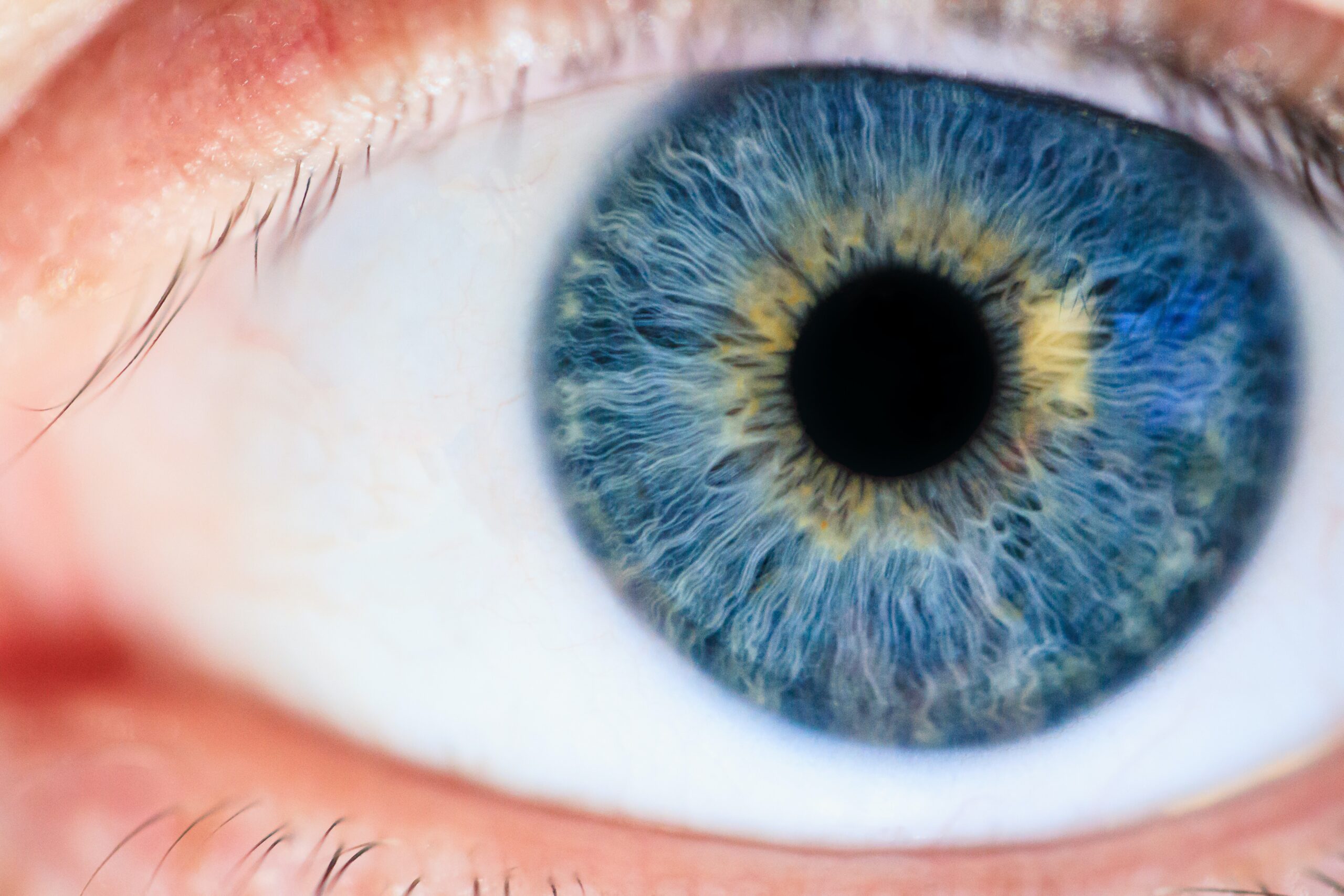
Heads up—I’m going to attempt to dip my toe into some subjects on which I have limited expertise, and I need your help. I’ve got some knowledge gaps that I’ll highlight below which, depending on YOUR answers, may lead to a follow-up post on the same subject. I would love to have your input via comment at the bottom of the page if you have the expertise. And with that, off we go!
There is a well-known, well-documented effect in quantum mechanics known as the observer effect, by which the act of observing and collecting data on a system changes the system itself. The most famous example of this is the double slit experiment, by which small particles behave either more like waves or more like particles depending on whether they are being observed. I won’t bore you with the details, but if you’re interested, the experiment is fairly well summarized in this Wikipedia article: https://en.wikipedia.org/wiki/Double-slit_experiment. Even after years of exposure to this experiment, it still breaks my brain a little bit. We live in a universe in which, at least in some instances, observations—even seemingly passive ones—change the course of events. Seriously? Yes, seriously.
What is less well-known, yet equally true, is the observer effect in classical (more large-scale) systems. Kenneth Baclawski, an Associate Professor Emeritus at Northeaster University, offers up plenty of examples here: https://www.researchgate.net/publication/326795653_The_Observer_Effect. His examples are academic and include mathematical proofs, but some of the easier examples of the observer effect in classical systems revolve around human behavior. We humans are, after all, classical systems! In psychology, the Hawthorne effect is the effect whereby observation of a study subject changes the behavior of that subject. Don’t believe me? Try staring at someone within eyeshot and see how long it takes them to react. Just please don’t be creepy about it. Or you can Google it. Your call.
So, there are two things we know so far. First, observation of quantum mechanical processes inherently affects the processes themselves. Second, examples of classical observer effects also exist. Here’s what I don’t know, and would love the input of those brainier than myself on: Does the observer effect always apply to classical systems? Please comment if you have any illumination, because this significantly affects the scope and implications of the observer effect regarding humanity.
For now, I’ll stick to what I do know, and there’s a lot to unpack with the Hawthorne affect alone. I’d like you to take just a moment to think of the most world-impacting individual you know of. Oprah, Einstein, Buddha, Christ—it doesn’t matter as long as you think they’ve had an outsized impact on the world. How did this person change or shape the world around them? How many lives did they impact? How did they affect human behavior across the world and across time? Reflect. Really, take a moment—there’s no rush.
Now recall the Hawthorne effect, whereby just by being observed, individuals’ behavior changes. In one study, which you can read about at: https://www.bbc.com/future/article/20140209-being-watched-why-thats-good, it was proven by the clever placement of a mirror that the observer could even be oneself. I’ll say it again—humans can change their own behavior through the power of observation. And while the subjects of this study were children, the Titans of human history are also not immune from the Hawthorne effect. While most of them were observed by many people, it remains true that single, one-off observations by one individual could change the course of their lives, too.
Reflection time again. Just by observing Ghandi or Buddha or your chosen world mover and shaker, you could have an impact on his or her behavior ranging from momentary to enduring. Imagine how eye contact right before your hero was about to do something foolish or wrong might change the course of his or her life forever. Knowing what impact that person has had on the world, how sweeping is that course change? Reflect, and don’t rush it.
Now, just imagine if you were doing more than simply observing and also speaking, writing, or acting to affect this person’s behavior in some way? I’m not talking about being a keyboard warrior here (for that will also have an impact, just probably not the one you were hoping for)—I’m talking about connecting with that person in the same way eye contact would connect you, simply in a more active capacity. How much greater would your impact on that person—and therefore the world—be?
You and I have the power to change the people who change the world, and that is power in itself. Don’t underestimate your ability to shape the world around you—one interaction can cause the helmsman to steer the boat an entirely different direction.
Please like and comment if you enjoyed this post! You can also join us on Facebook and Instagram!

Have a story or thought of your own? Share it here!